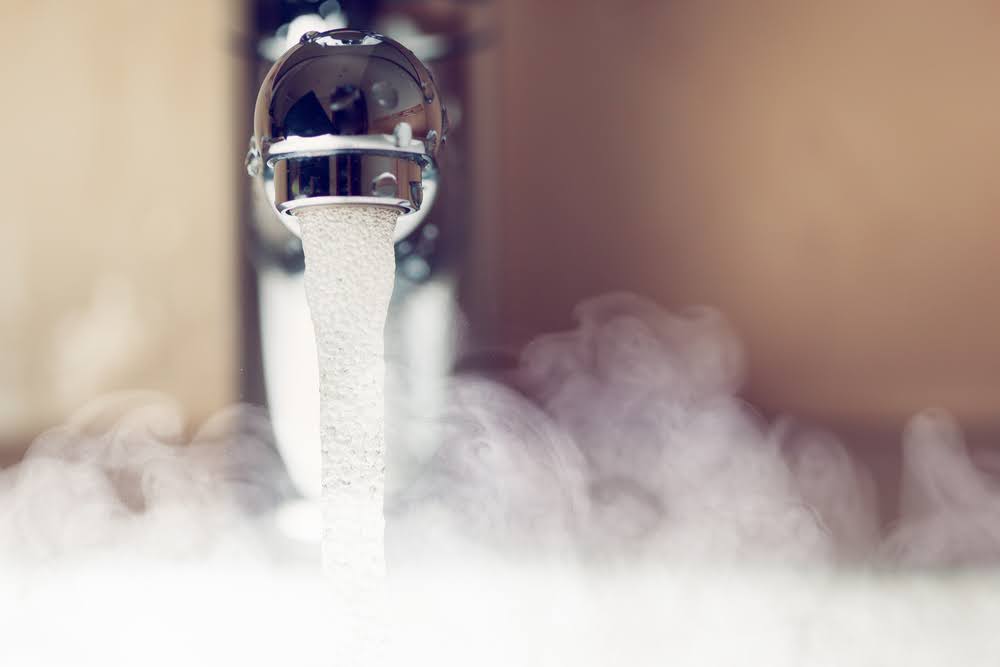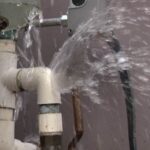Investing in modern home appliances is a critical decision for homeowners seeking efficiency, convenience, and sustainability. Among the advancements transforming residential water heating systems, tankless water heaters stand out as an innovative solution. Unlike traditional storage water heaters, these systems provide hot water on demand, eliminating the need for bulky tanks and reducing energy consumption. This article explores the benefits of tankless water heaters and why they are a game-changer for today’s homes.
The Basics of a Tankless Water Heater
A tankless water heater heats water only when necessary. Unlike traditional water heaters that store and continuously heat a tank full of water, tankless systems operate without a storage tank. When a hot water tap is turned on, cold water flows through the unit, and either an electric element or a gas burner heats it instantly. This design eliminates the need for storing hot water, making it a uniquely efficient choice for homeowners seeking a modern solution.
The Benefits of Switching to a Tankless Water Heater
Tankless water heaters offer a wide range of benefits that make them stand out compared to conventional systems. First, they provide endless hot water. Since water is heated on demand, the supply is not limited by the capacity of a tank. This is especially valuable in homes with high hot water usage, such as during back-to-back showers or simultaneous appliance use.
Another key benefit is energy efficiency. Because tankless water heaters only heat water when required, they avoid the standby energy losses associated with storing hot water in a tank. This efficiency translates to lower energy bills over time. Additionally, the compact size of these units saves space, fitting perfectly into smaller homes or apartments where every square foot matters.
Durability is another advantage. Tankless systems generally have a longer lifespan than traditional water heaters, often lasting upwards of 20 years with proper maintenance. The advanced design also reduces the risk of leaks that can occur in tank-based systems, providing homeowners with added peace of mind.
Gas vs. Electric Tankless Water Heaters
When choosing a tankless water heater, understanding the distinction between gas and electric models is crucial. Gas tankless water heaters use natural gas or propane as their heating source. They tend to provide a higher flow rate, making them suitable for larger households or properties with high water demands. However, they may require ventilation to safely remove combustion gases, potentially increasing installation complexity.
Electric tankless water heaters, on the other hand, use electrical elements to heat water. These units are often more compact and easier to install, making them ideal for smaller homes or spaces. They also do not require ventilation, which simplifies the setup process. While electric models may have a slightly lower flow rate, they are an excellent option for households with moderate hot water needs.
Considerations for Installation
Installing a tankless water heater is not as straightforward as replacing a traditional system. It requires careful consideration of your home’s water usage, energy source, and plumbing system. For example, the size of the unit should be chosen based on the household’s peak hot water demand. Selecting an undersized system can lead to an insufficient hot water supply, while an oversized unit may result in unnecessary energy consumption.
Additionally, the existing infrastructure in your home plays a significant role. Gas-powered systems may require upgrades to your home’s gas lines or ventilation system, while electric models may need adjustments to the electrical wiring to handle the increased load. Hiring a professional installer ensures the unit is sized correctly and operates safely and efficiently.
Maintenance and Longevity
Tankless water heaters require regular maintenance to maintain peak performance. Over time, mineral deposits can build up inside the unit, particularly in areas with hard water. Descaling the system annually is recommended to prevent scaling and maintain energy efficiency. Regularly inspecting and flushing the system helps prolong its lifespan and prevent costly repairs. Some manufacturers also offer descaling kits or recommend filters to reduce mineral buildup, further ensuring the longevity of the unit.
Another important aspect of maintenance is checking the unit’s filters and cleaning them as needed. Proper upkeep ensures that both gas and electric models maintain consistent performance for years to come. Building a routine maintenance schedule is the best way to fully enjoy the benefits of a tankless water heater.
Why Tankless Water Heaters Are a Smart Choice
Choosing a tankless water heater is more than just an upgrade; it’s an investment in long-term convenience and efficiency. The immediate advantages, such as space-saving design, endless hot water, and energy efficiency, make these systems appealing to homeowners. Over time, these benefits extend beyond personal convenience to include reduced energy consumption and lower utility bills, contributing positively to both your budget and the environment.
Tankless water heaters have become the go-to solution for modern households seeking dependable and efficient hot water systems. Whether it’s for large families or smaller households, these systems outpace traditional tanks in almost every category. Making the switch ensures you’re not just keeping up with technology but stepping into a more sustainable and hassle-free way of living. Contact our team today to learn more.









